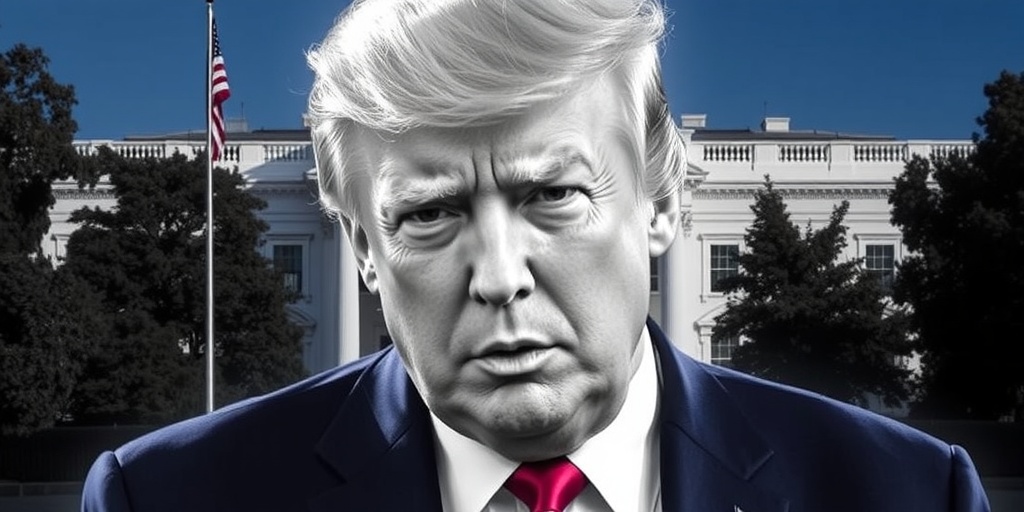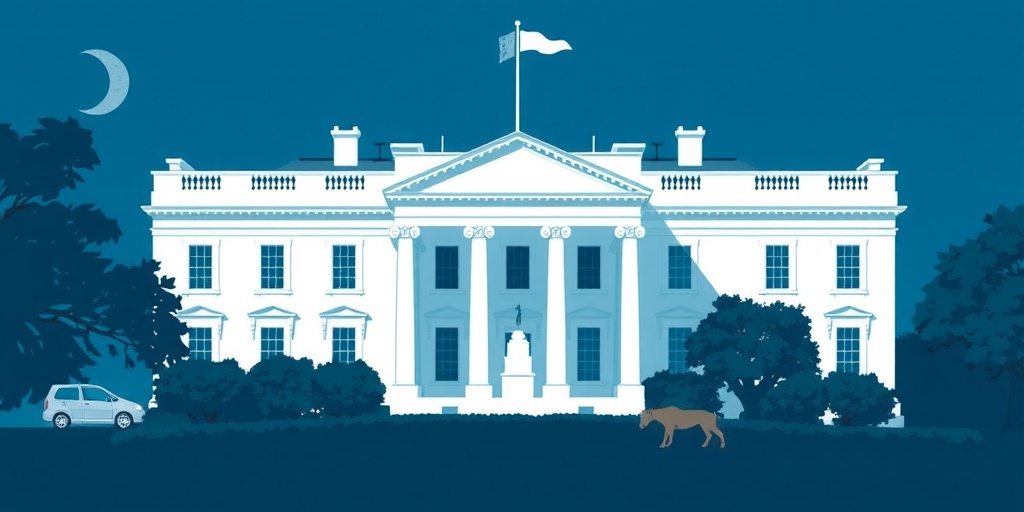Now Reading: Naval Academy Library: New Faces and Departures
-
01
Naval Academy Library: New Faces and Departures
Naval Academy Library: New Faces and Departures

In a controversial move, the U.S. Naval Academy has purged nearly 400 books from its library, targeting works that address issues of diversity, equity, and inclusion, as well as those that confront the realities of racism. This decision, made by political appointees within the Department of the Navy, has sparked significant concern among alumni, educators, and advocates for free expression.
Critical works that were removed include Maya Angelou’s “I Know Why the Caged Bird Sings,” a seminal memoir detailing her experiences with racism and trauma. In stark contrast, copies of Adolf Hitler’s “Mein Kampf” remain in the library’s collection, raising questions about the criteria used for selecting books for removal. Janet Jacobs’s “Memorializing the Holocaust,” which focuses on female victims of the Holocaust, has also been removed, prompting criticism from scholars concerned about the implications of these choices.
The decision to eliminate nearly 400 books stems from a directive under the previous Trump administration, which sought to restrict access to material that the administration deemed conflicting with its agenda on diversity and inclusion. Cmdr. Tim Hawkins, a spokesperson for the Navy, explained that approximately 900 books were identified through keyword searches, after which officials decided on which titles to remove.
This purge of books has raised alarms among critics who argue that it infringes upon academic freedom and contravenes the essential mission of the Naval Academy, which is to foster moral, mental, and physical education for future leaders. Risa Brooks, a political science professor at Marquette University, articulated the concerns of many: that banning these books diminishes students’ ability to engage with complex and challenging ideas. She emphasized the importance of resilience in military training, asserting that exposure to differing viewpoints prepares future leaders for the realities they will face in command roles.
The Naval Academy, established in 1845, has a long history of training military officers, and the decision to remove these books has drawn criticism from alumni, including high-ranking military officials who question the implications of such censorship. Adm. James G. Stavridis, a former NATO commander and academy alumnus, argued that the books were among many available to students and expressed bewilderment over the Library’s lack of trust in midshipmen’s capacity to confront challenging ideas.
In response to the removal of these titles, William Marks, a retired Navy commander and academy alumnus, launched a GoFundMe campaign to purchase books from the banned list to distribute free of charge to midshipmen. He stated that these young leaders should not be shielded from challenging literature, noting that book banning transcends partisan divides and should unite people across the political spectrum in defense of free expression.
The response from political representatives has been equally critical. Representatives Adam Smith and Chrissy Houlahan denounced the removals in a letter to the Navy Secretary, characterizing the actions as a severe infringement on the First Amendment and an affront to academic rigor. The American Booksellers for Free Expression expressed similar concerns, highlighting that many of the banned books address themes related to LGBTQ+ and Black experiences—groups often marginalized in discussions about race and inclusion.
While the Middle States Commission on Higher Education, which accredits the Naval Academy, recognized the recent controversies, it did not indicate any immediate plans to reconsider the school’s accreditation status. The commission underscored the importance of academic freedom and the necessity for institutions to facilitate a respectful learning environment that embraces diverse perspectives.
Critics of the book bans invoke historical precedents, likening the removals to censures from the McCarthy era. They advocate for an educational framework that encourages intellectual growth and critical thinking, rather than one that seeks to sanitize difficult discussions. Professor Brooks reiterated that libraries exist not to indoctrinate but to provide access to a variety of ideas that can enrich students’ education.
The decision to remove these books from the Naval Academy library raises important questions about the direction of academic freedom in military education and beyond. As tensions regarding censorship continue to escalate, many individuals are left pondering the implications of erasing certain narratives from public discourse and the vital role that literature plays in shaping informed, resilient leaders ready to tackle the challenges of the modern world. Notably, the library is named after Fleet Adm. Chester W. Nimitz, who himself recognized the importance of diversity and valorized individuals from diverse backgrounds during a time of segregation in the U.S. Armed Forces. The inconsistency of this historical legacy with current actions adds another layer of complexity to this controversial decision.
Stay Informed With the Latest & Most Important News
Previous Post
Next Post
-
 01New technology breakthrough has everyone talking right now
01New technology breakthrough has everyone talking right now -
 02Unbelievable life hack everyone needs to try today
02Unbelievable life hack everyone needs to try today -
 03Fascinating discovery found buried deep beneath the ocean
03Fascinating discovery found buried deep beneath the ocean -
 04Man invents genius device that solves everyday problems
04Man invents genius device that solves everyday problems -
 05Shocking discovery that changes what we know forever
05Shocking discovery that changes what we know forever -
 06Internet goes wild over celebrity’s unexpected fashion choice
06Internet goes wild over celebrity’s unexpected fashion choice -
 07Rare animal sighting stuns scientists and wildlife lovers
07Rare animal sighting stuns scientists and wildlife lovers





















